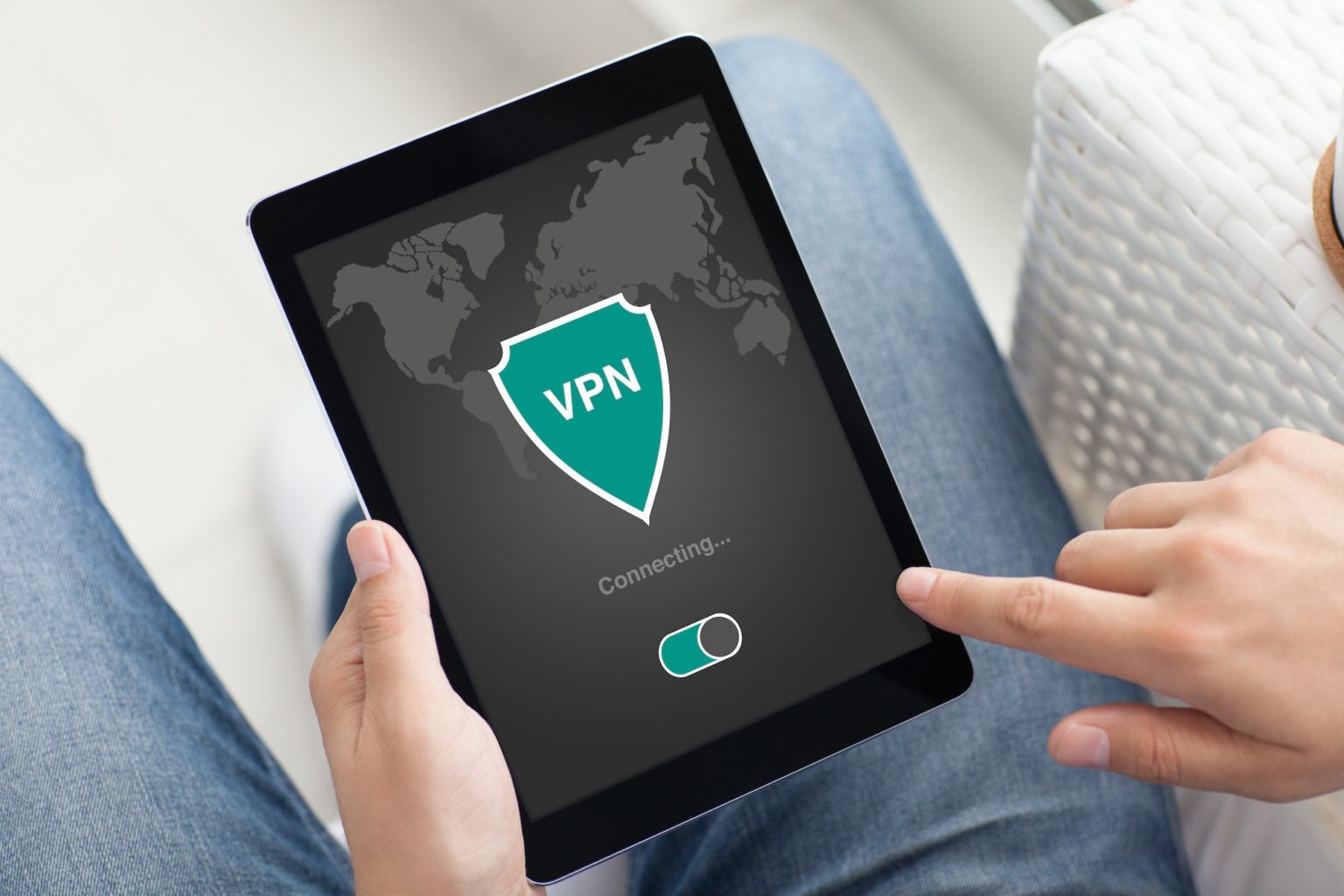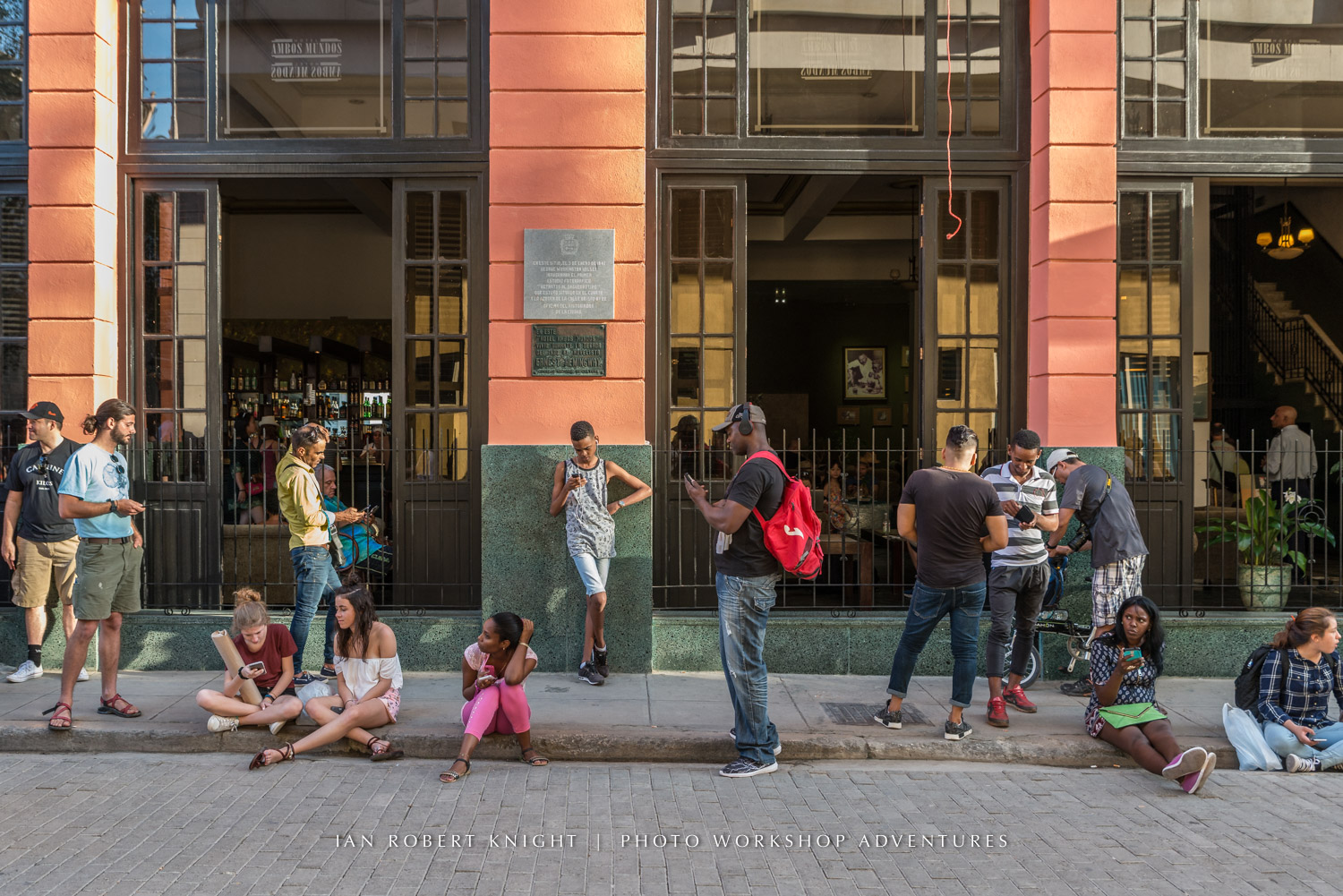USING A VPN WHEN YOU TRAVEL
By Ian Robert Knight
We’re lucky in the USA (and Canada) when it comes to Internet access. Maybe you’ve never thought of it that way. But when you consider it, we have pretty good access to any website we want to use. However, it’s not that way everywhere we travel. Some countries restrict access to websites and apps that we take for granted. Like Instagram, Google and Gmail, and Facebook. Can you survive without those when you travel? If not, then maybe it’s time to consider using a VPN when you travel. What’s a VPN? Simply put, the initialism stands for Virtual Private Network. What does it do? Well, that’s a little more complex. But let me explain.

How does it work?
A VPN essentially masks your Internet traffic, by encapsulating your data packets when it travels through the Internet pipes. Think of it like mailing a letter. The postal service is the Internet. The letter is your data. And the envelope that encloses that letter is the VPN. Insecure data transfer is like sending all your mail on postcards, which everyone can see. But when you send a letter (ie: use VPN), only your recipient gets to see your information.
Just to be clear, though: you’re not becoming completely anonymous when you use a VPN. Your Internet traffic is logged wherever you visit on the other end of your connection (go cookies!). But at least you’ll get there safely.
When do I need it?
In my travels through Asia, I’ve found that having a VPN connection very useful. Specifically, when I am in China, it’s a must-have. But even in countries like Thailand and Vietnam, websites get blocked all the time, if they do something to anger the government. But security experts in the USA are even telling us that it’s a good idea to have one if you browse the Internet using public WiFi in your local Starbucks or library. You can’t be too careful with your private information!
Let’s look at China as an example. China is well known to restrict a large number of websites and Apps that we’ve come to know and love. Gmail is blocked. Google is blocked. Facebook is blocked. WordPress is blocked. Twitter, Instagram, YouTube, New York Times, the list goes on. Anything deemed a threat to Chinese culture is blocked.

The Great Firewall of China
But if you use a VPN, you can mask your traffic, and “tunnel” through the Great Firewall of China (as it’s called). You can connect to servers outside of China, in nearby Taiwan, or Hong Kong, or even stateside or in Europe. Once you’re connected to a foreign server, you can surf to your heart’s content.
But it’s not fool proof. China regularly bans VPN’s as they become popular. In January 2017, the Chinese government announced that all China-based VPN companies would be banned from operation. While this is annoying, it’s not the end of VPN. You just need to choose a service that is not based in China. The Chinese government cannot completely control what happens outside their borders.

Setting Up
Setting up a VPN is really quite simple. Most VPN services operate on a monthly billing cycle, and software is installed on your device when you register. VPNs can be used on desktops, laptops and mobile phones. You just need to log on to the Internet using whatever is available where you are (hotel WiFi?), and then activate the VPN connection.
You may not always get a quick or stable connection, but you have the ability to try multiple servers around the world until you find one that works for you. It’s not likely that you will get disconnected, but it does happen occasionally.
In my experience, the best VPN service I’ve used is called “Express VPN”. They have servers around the world, in almost 90 countries, so there is little chance you won’t connect on your first try. You can buy the service for 1 month, or 1 year, at a pretty reasonable rate. It’s very reliable, and offers a 30-day money back guarantee if you’re not happy with it.
Free is Not Better
There are free VPN services available too, but they are not usually worth trying. In exchange for free service, you will have software installed with pop-up ads bothering you when you use the service. And the speed available on the free VPN’s are usually quite slow, so forget about streaming anything. It’s suitable only for messaging.

Be Prepared
If you do decide to acquire a VPN for your travels, make sure you download it and install it before you leave home. If you wait until you’re in China, for instance, you won’t be able to access the Apps, because they are banned from the iTunes store, and Google Play is banned completely. Planning in advance is important!
Once you’re back home from your trips, you can cancel your membership until you need it again. And you can rest easy, knowing you were able to update your Instagram feed daily, because you were using a VPN when you were traveling.
May all who come as guests… leave as friends®







1 Comment